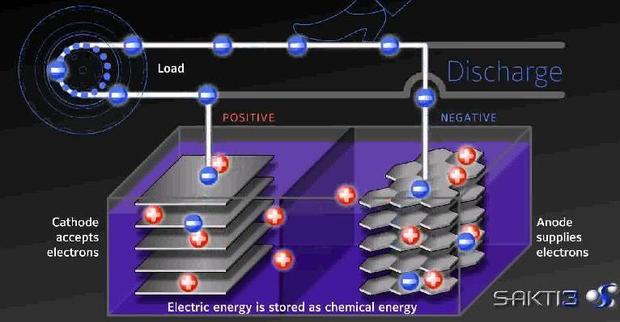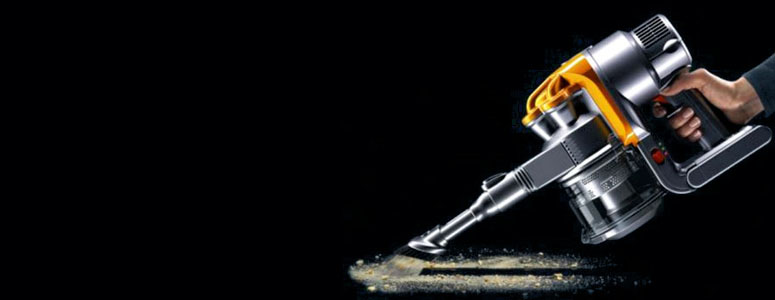Batteries are a hugely limiting factor when it comes to the technology we use every day, think how many different things you use in a day that require batteries. The most obvious and painful example is smartphones, which could really do with investing in developing better batteries; or listen to me and just make the phones a little bit bigger.
That’s not why Dyson has invested $15 million into Sakti3, a Michigan-based firm that is developing a solid state battery tech that theoretically has much higher energy density (power per inch, essentially) than the current, liquid-based Lithium ion used Dyson’s handheld cordless vacuums, as well as mostly everything else.

Sakt3’s tech is looking at a solid-state format, not unlike in many ways the kind of solid state storage drives that are slowly becoming more common in PCs. Instead of liquid Li-ion (Lion), Sakti3’s batteries use solid lithium electrodes, which makes it much better at storing more energy in smaller spaces, the idea that this will also be safer, cheaper and easier to manufacture.
So why is Dyson interested in battery life, they have a huge range of handheld vacuums, which currently max out at around 20 minutes of unplugged power not a huge amount of time if you were say cleaning out my car. That’s just the icing though Sakti3’s research could have much further-ranging implications, for smartphones and PCs, as well as for electric vehicles. Dyson founder and CEO James Dyson has denied plans for any Dyson car in the future, but it often draws comparisons between its vacuum motors and vehicle powerhouses. I for one would endorse a Dyson car if it’s anywhere near as innovative and reliable as their other products.
This is one to watch for any of you hoping to one roam free with your smartphones.
